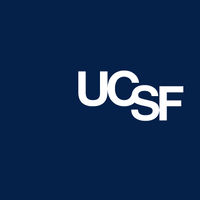1
项与 LVgp120duoCAR-T cells(Caring Cross) 相关的临床试验Safety and Anti-HIV Activity of Autologous CD4+ and CD8+ T Cells Transduced With a Lentiviral Vector Encoding Bi-specific Anti-gp120 CAR Molecules (LVgp120duoCAR-T) in Anti-retroviral Drug-treated HIV-1 Infection
This is a limited-center, open-label dose escalating phase I/IIa study of autologous T cells expressing LVgp120duoCAR molecules in people with HIV infection. It will follow a 3+3 design. Dose escalation decisions will be made when a minimum of three participants have completed the safety-evaluation period (45 days) at a given dose level. Cohort 1 will undergo infusion of a single low-dose regimen of LVgp120duoCAR-T cells. Cohort 2 will undergo non-ablative conditioning with cyclophosphamide, followed by infusion of a single low-dose regimen of LVgp120duoCAR-T cells. Cohort 3 will undergo non-ablative conditioning with cyclophosphamide, followed infusion of a single high-dose regimen of LVgp120duoCAR-T cells. Following administration of the experimental therapy, HIV medications will be paused for participants in each group during an analytic treatment interruption.
100 项与 LVgp120duoCAR-T cells(Caring Cross) 相关的临床结果
100 项与 LVgp120duoCAR-T cells(Caring Cross) 相关的转化医学
100 项与 LVgp120duoCAR-T cells(Caring Cross) 相关的专利(医药)
100 项与 LVgp120duoCAR-T cells(Caring Cross) 相关的药物交易






